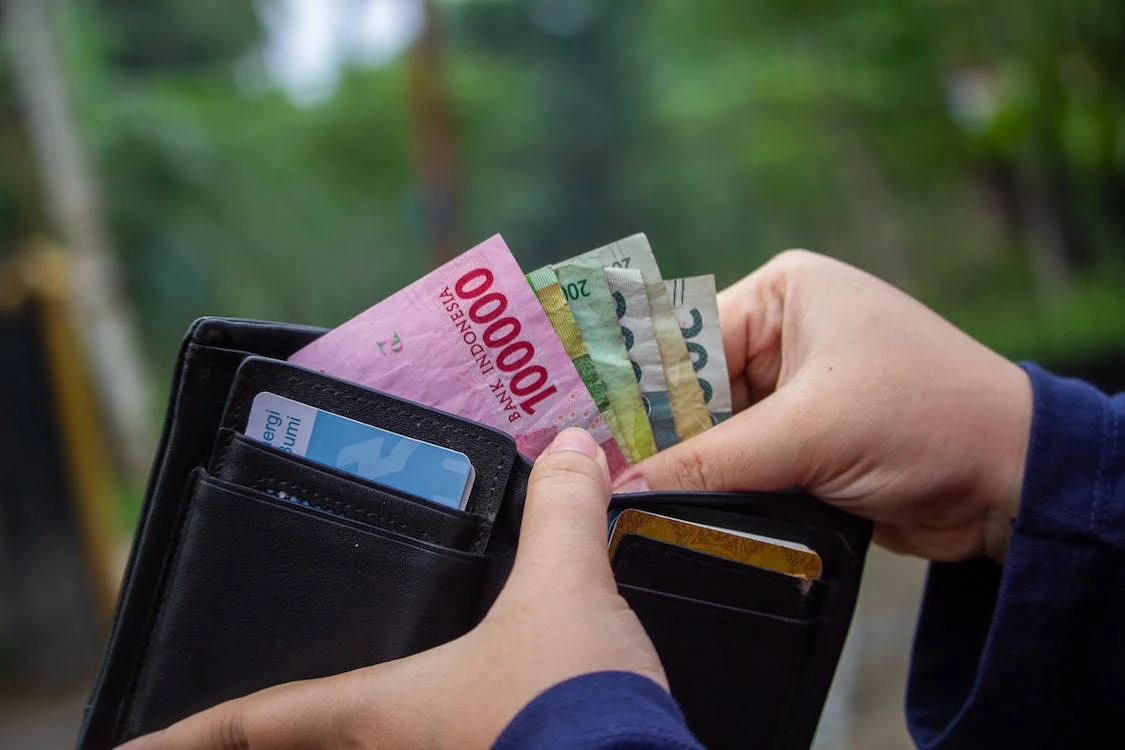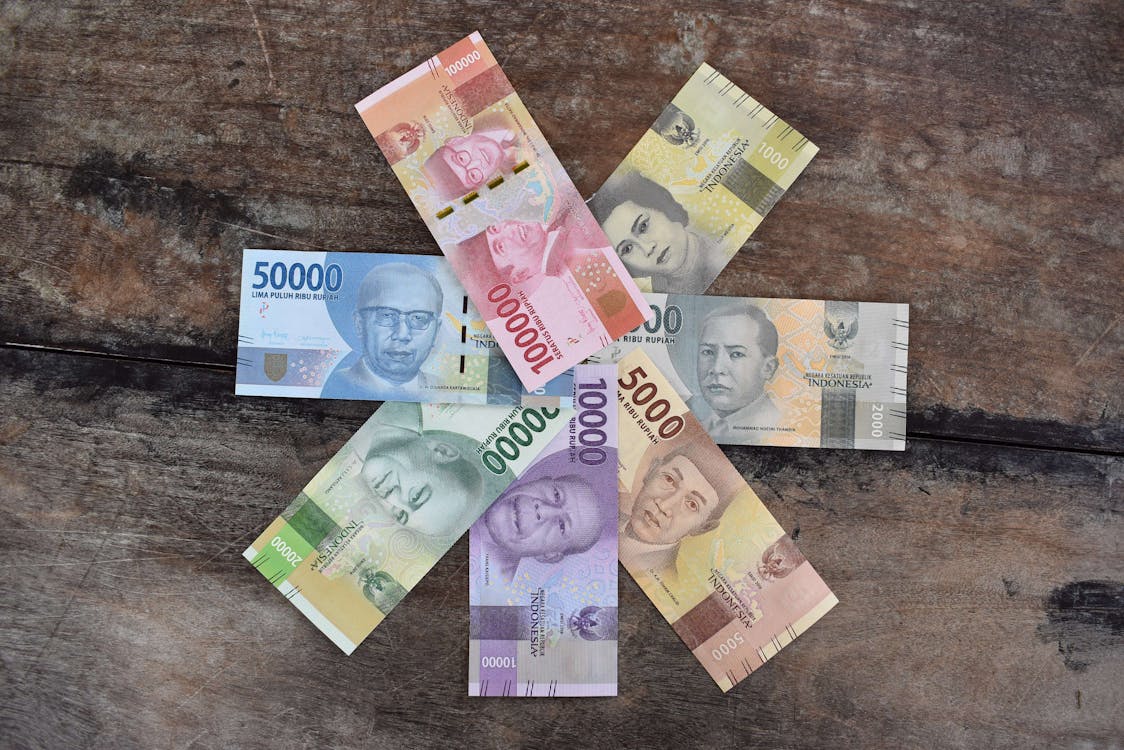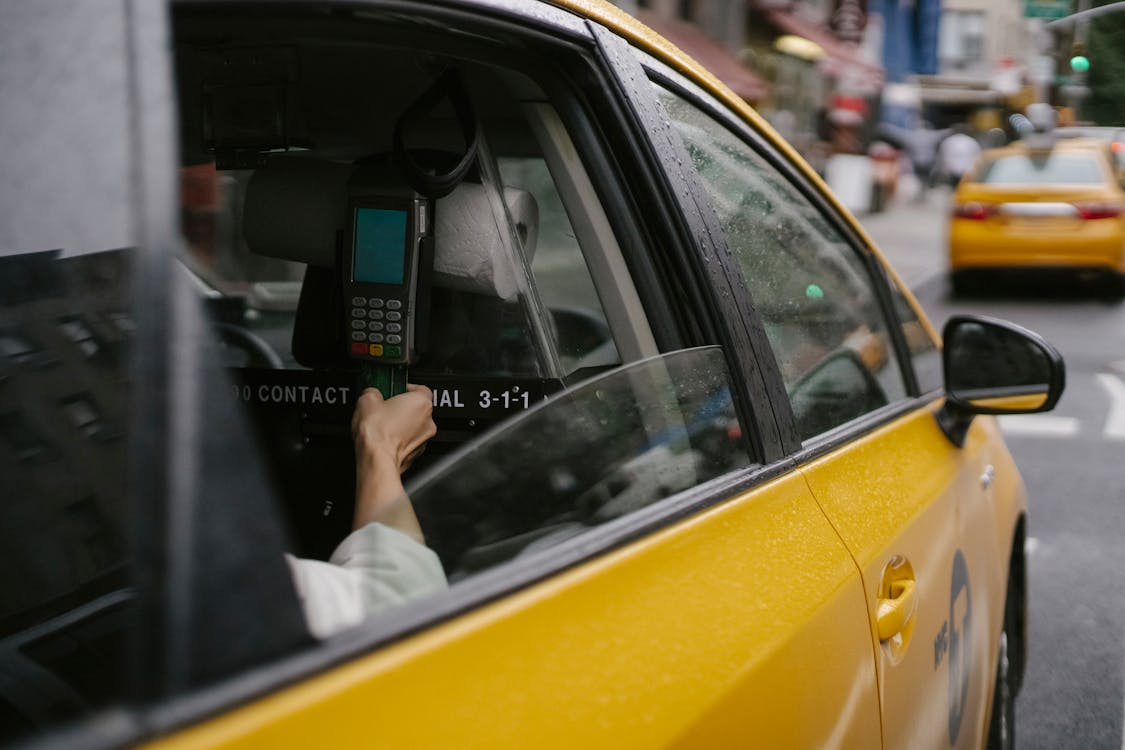Best Art Market in Bali That’s Worth a Visit!
- 17/01/2024
- Articles
Illustration of Best Art Market in Bali, photo by Charlie Pauly The Island of Gods is home to a truly fascinating culture... Read More

Illustration of Cash vs Credit Cards, photo by Ahsanjaya on Pexels
As you prepare for your adventure in the island paradise of Bali, the crucial question looms: should you rely on cash or trust in the convenience of credit cards? Which one is better to use in Bali?
The choice between these two payment methods can significantly impact your travel experience. In this guide, we’ll delve into the advantages and drawbacks of both options, helping you make an informed decision tailored to your specific needs and preferences. So, whether you’re strolling through vibrant markets in Ubud or lounging on the pristine beaches of Seminyak, let’s embark on this financial exploration to ensure your Bali getaway is unforgettable and financially savvy!

Indonesian Rupiah, photo by Robert Lens on Pexels
Getting to know the currency in Bali, Indonesia, is a key step in ensuring a smooth and enjoyable trip. The official currency is the Indonesian Rupiah (IDR), symbolized as Rp.
Familiarizing yourself with the different denominations and exchange rates will make your transactions in markets, shops, and restaurants a breeze. Let’s take a closer look at the basics of the Indonesian local currency and rules regarding bringing money from abroad, so you can make the most of your adventure and holiday.
It’s essential to be aware of the regulations regarding the amount of cash you can bring with you. The Bank of Indonesia, the country’s central bank, enforces strict regulations on the amount of foreign currency that can be brought into the country. Travelers entering Indonesia are required to declare any amount exceeding the equivalent of 100 million Indonesian Rupiah (IDR) or its equivalent in foreign currency.
The exchange rate of the Indonesian Rupiah can be influenced by two primary factors: the official exchange rate set by the government and the market rate, which fluctuates based on supply and demand in the foreign exchange market. While the official rate is generally more stable, travelers often encounter the market rate when exchanging currency.
In rough estimation, IDR 100,000 equals:

Illustration of Credit Cards, photo by Tim Samuel on Pexels
When it comes to managing your finances while exploring the enchanting island of Bali, the choice between cash and credit cards can significantly impact your travel experience. Each method comes with its own set of advantages and considerations, making it essential to weigh the pros and cons. Here’s an in-depth exploration of whether cash or credit cards are the better choice for your Bali adventure.
Opting for a blend of cash and credit cards presents a versatile financial strategy for your journey in Bali. Cash offers immediate accessibility and is indispensable for transactions with local vendors, markets, and small-scale services. It ensures you have a seamless experience in places where electronic payment methods may not be prevalent.
On the other hand, credit cards offer a layer of security and ease, particularly for larger expenses, hotel bookings, and in establishments equipped with card terminals. This dual approach empowers you to navigate diverse spending scenarios with confidence and adaptability, enhancing the overall enjoyment of your Bali experience.
Join The Discussion